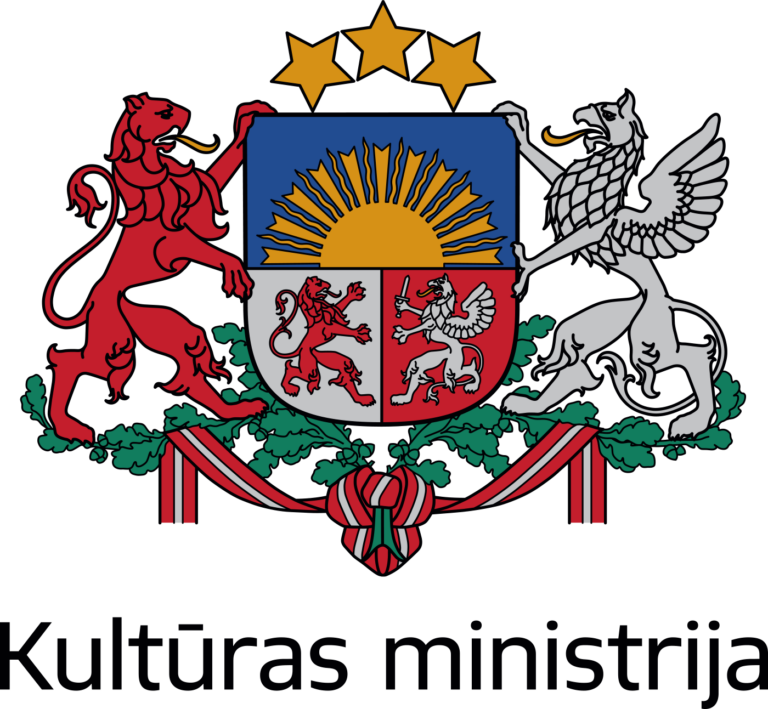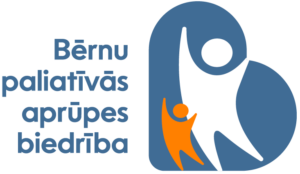Forever children and their families: assistance that really is there
For more than 20 years, the Children’s Palliative Care Society has been providing assistance to seriously ill children and members of their families. There are 600–700 families with seriously ill children who, in theory, fall under the definition of ‘forever children’, a term that has seen much use recently. Over these years, we have worked with colleagues, parents, sponsors, Latvian Ministry of Welfare and Ministry of Health, as well as international partners, and we have done much to achieve the ultimate result: improving the quality of life for these children and their loved ones. What assistance is actually available to these families?
Comprehensive assistance 24/7/365
The service is available to families 24 hours a day, 7 days a week, 365 days a year: 24-hour assistance hotline (with consultations by a doctor, nurse, chaplain, therapist), out-patient consultations and home visits, organising support groups for the parents and siblings of ill children. This means that these children can live at home, instead of hospitals and care facilities.
A children’s palliative care team provides comprehensive palliative care, with medical services (physician, nurse), psychological support (psychotherapist, psychologist), as well as psychosocial rehabilitation (chaplain, social worker).
Every specialist in this interdisciplinary team (physician, nurse, social worker, chaplain, therapist) plays an important role in providing palliative care, working individually with the patient or their family, and planning and organising the work of the team, so that the family, as a whole, gets the best possible service, and so that the quality of their life improves.
Over the last 2.5 years, the children’s palliative care team carried out 11,308 home visits and consultations at the children’s palliative care service, provided 17,203 consultations by phone and 764 online.
Government support
· 17 years ago the list of government-paid services was expended to include medical care for children receiving palliative care and registered with the Palliative Care Service of the Children’s Clinical University Hospital.
· Starting from 2 January 2018, the government pays not only for the medical services received by children getting palliative care and their families, but also for the psychosocial rehabilitation provided to them. Psychosocial rehabilitation includes consultations by specialists, support group activities for parents and siblings, both during the child’s illness and during a mourning period of two years after the child’s death.
Support groups for siblings
The support groups for siblings organised by the Children’s Palliative Care Society have provided vital assistance to families with seriously ill children.
As part of these groups, siblings could talk about the body of their special brother or sister, its functions, capabilities and limitations. The participants showed much interest in the stories of other children. The overall mood of the group changed as the event progress, becoming richer in emotion and its participants, more open to each other.
Working creatively, the participants could not only think about the roles of people in their families, but also compare them with those of other families. It was essential for this group activity to lead the children towards thinking about how every member of their family is important, how they contribute to the family, and how these children feel about every member of their families.
‘Understanding emotions plays just as important a role in working with children. During these support groups, we used the “Stāsts par mani” (“A Story About Me”) workbook created by the Children’s Palliative Care Society. It helps children identify their emotions, call them by name, and even draw them. There is no deception among children, they are very open, and they demonstrate their internal feelings through actions and play,’ Aina Briede, chaplain for the Children’s Palliative Care Service, said.
Support groups for parents
For parents, the advantage of participating in a support group is that it is a microcosm of human society where you can meet people who are like you and those who are different, and encounter both familiar and unfamiliar situations. The relationships within the group are built using familiar models that its members experienced before.
· Every member can look at relationships from the outside and identify their own communication models, behaviours and manipulations in them. Every participant can get feedback from others, which encourages them to change their behaviours, attitudes, to build relationships in new ways, and to foster positive change in others.
· The group is like a mirror that lets you notice the relationships you have with other people in your everyday life.
· Group members share not only with the therapist, but also with each other, creating opportunities for supporting and healing each other, and achieving change faster than alone. The group assesses and discusses the process and the relationships within it.
The big goal: build the ‘Sapņu tilti’ children’s palliative care centre
In recent years, the Children’s Palliative Care Society has actively worked to make the idea of the ‘Sapņu tilti’ children’s palliative care centre come to fruition, providing:
· short-term accommodations for children in need of palliative care;
· families with opportunities to take a break;
· day-care centre services for children’s palliative care clients;
· consultations by specialists, group activities and individual activities for children and other members of their families, as well as support groups both during the child’s life, and within the two-year mourning period after their death;
· hospice functions, so that the child can spend their last days with their family in conditions that approximate those of their home as closely as possible;
· the services of the centre will help provide seriously ill children and their families with satisfactory quality of life, while enabling the parents of these children to return to the job market, and to choose in favour of the child living at home, and not in a permanent care facility.
‘We would like to thank everyone who has been inspired by our idea of building a children’s palliative care centre, making it possible to provide families with a day-care centre and a break that they sorely need. We will also improve these services in the nearest future. Prominent people in Latvia have provided us with assistance, attracting donations, expressing their support, opinions; every day, we have received help from ordinary Latvian people, and we would like to also say our thanks for international aid. Behind each of these charitable acts, there is profound love of mankind and desire to help these children and their loved ones. We still need a lot of assistance and work for us to accomplish our dream of a children’s palliative care centre,’ Anda Jansone, chairwoman of the Children’s Palliative Care Society, said.





